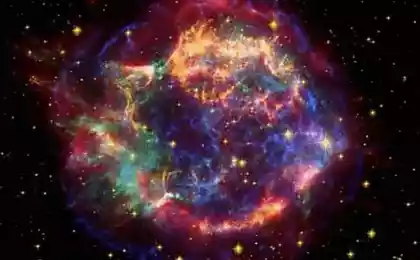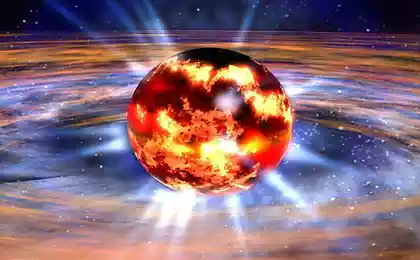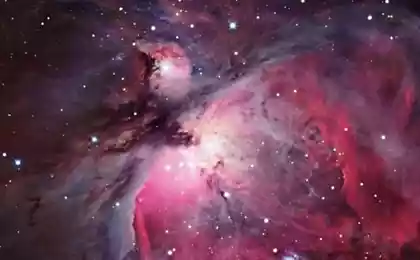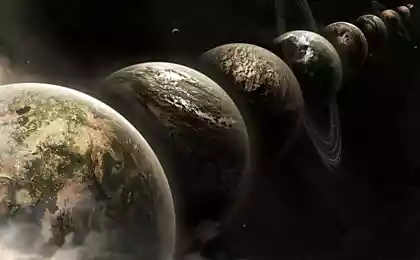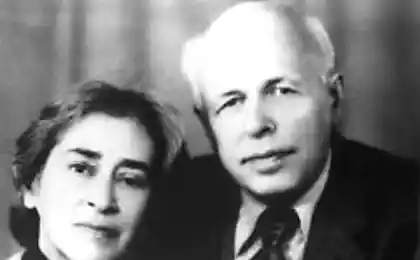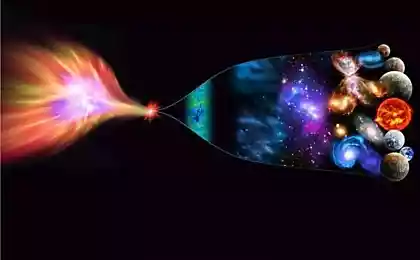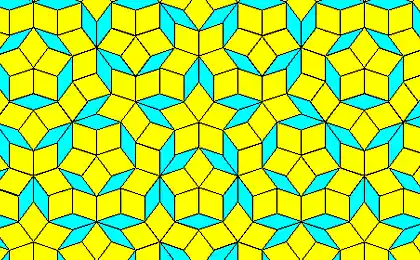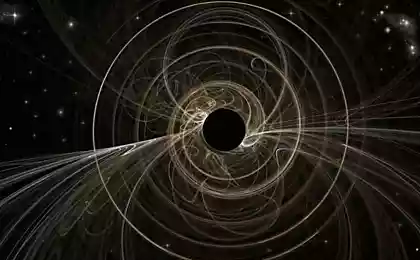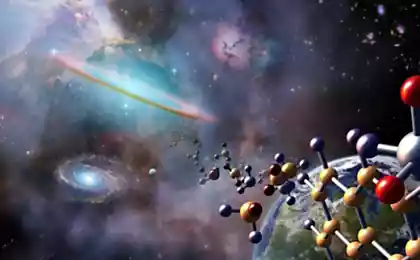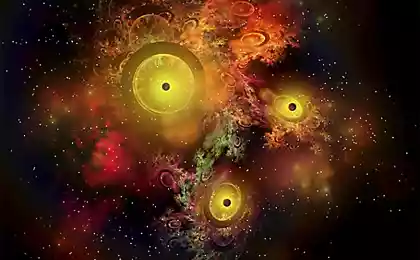435
In the future, all the energy of the Universe will be spent
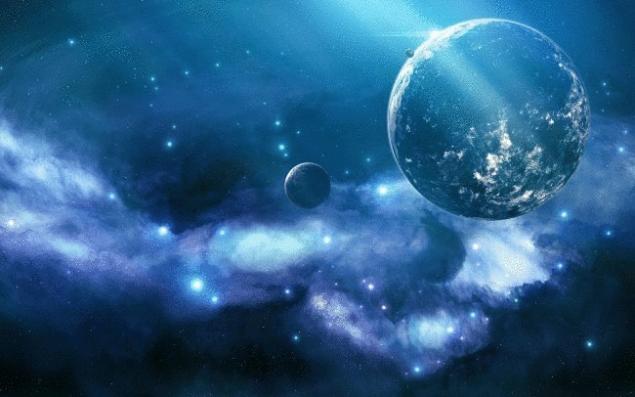
It seems to us that the good times will last forever and we shouldn't save energy. But the entropy increases, and ultimately because of it, our Universe will remain useful energy. Thanks to the contributions of generations of dinosaurs and their friends-plants, we have a fuel that can be burned. If we ever get rid of their dependence on these fuels, we start to use renewable sources like solar, wind, tidal, geothermal and hydrothermal energy. And if physics will start to do useful things we can use and harness the power of the Sun and generate unlimited amount of energy during fusion using eternal hydrogen in all the world oceans.
We will never run out of H+. Hydrogen very much. 75% of the mass of the baryonic matter of the Universe accounts for this odnovremennogo other. It is followed by helium and lithium, and we will be happy to use these materials in our futuristic fusion reactors. It will definitely be.
Everything goes to the fact that the good times will never end. As long as we have energy to burn, we will never need. If you increase the scale of our consumption, all looks fantastic. Ocean liners the size of Kilimanjaro will be to fulfill our wildest fantasies, huge magazania, orbital casino, where life is cheap and pleasant. We will build large buildings and skyscrapers in Dubai will seem archaic to us. Unfortunately, it is naive to believe that it will be forever. One day the good times will end. Not soon, but in the distant future the entire energy of the Universe will be spent and you will not find even a single electron, which can light the led lamp.
Astronomers have long to ponder the distant future of the Universe. Once all the major stars use their hydrogen and become a cold white dwarf and the faintest red dwarfs burn their hydrogen. When the galaxies themselves will not be able to do star. When all the matter in the Universe will be absorbed by black holes or cooled to the temperature of the microwave background of the Universe.
Black holes themselves evaporate, slowly disappearing for many ages, until it becomes pure energy. The last proton of matter disintegrates into the energy and dissolves. Maybe. No one is sure. If you can prove it, you provided the Nobel prize, if that.
All this time the universe was expanding, spreading matter and energy, stretching and moving away. Mysterious dark matter has led to the expansion of the Universe is accelerating, the material is stretched, while only photons are not stretched for light years. This is entropy, the desire of energy to a uniform distribution. After everything will be the same temperature, you will reach maximum entropy, and further work would be simply impossible to hold.
This phenomenon is known as heat death of the Universe. The temperature of the entire Universe is an infinitesimal fraction of a degree above absolute zero. The time when the atom is no longer possible to extract any energy and any work not to be done. In our Universe simply runs out of useful energy.
Interestingly, the energy will be the same as it was from the beginning, but it will be distributed throughout the Universe, everywhere. It will not happen soon. Will be trillions of years before the last star dies, and it is unclear how long it will take before the black holes evaporate. We also do not know whether protons at all the possibility of the collapse. But heat death is our inevitable future.
There is good news. The entire universe could fall to a new energy state. If we wait long enough, the universe can spontaneously generate a new version of themselves through quantum fluctuations. Given an infinite amount of time, who knows what might happen.
Burn the remains of dinosaurs! Enjoy the light of the Sun and buzzing from your desktop fusion reactor. Your distant descendants will be the envy of your extravagance, as they would have to huddle around the fading warmth of the last black holes in the hope that there will be a new universe. published
Source: hi-news.ru
How to grow your own potatoes, if You don't have a garden plot
The store, which will change Your view on trade

